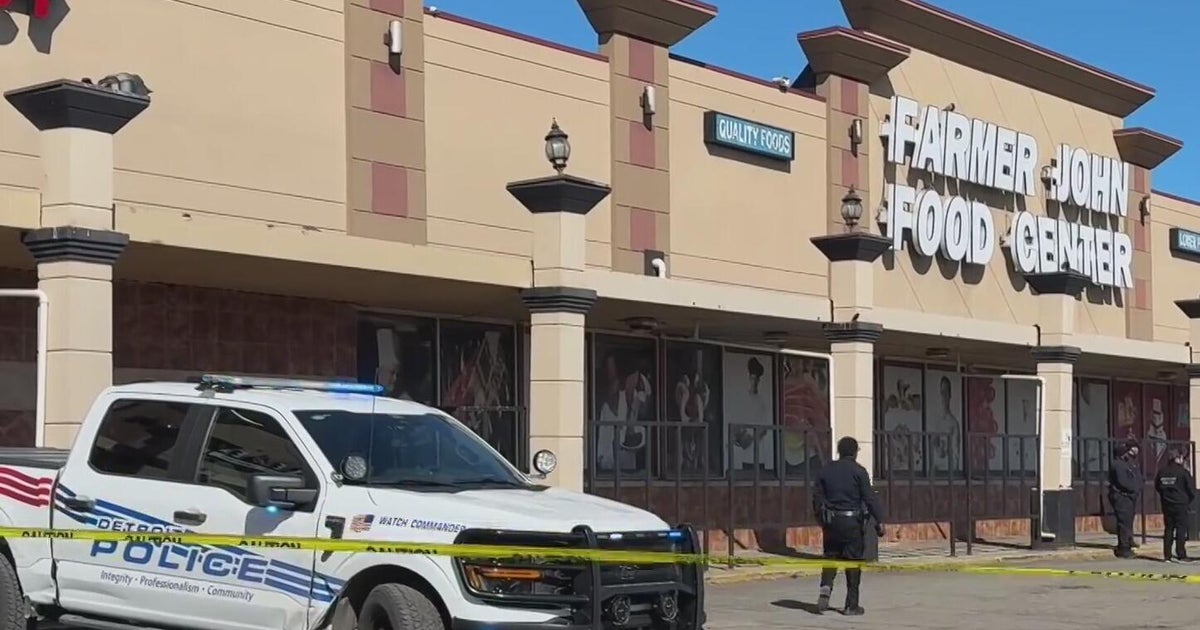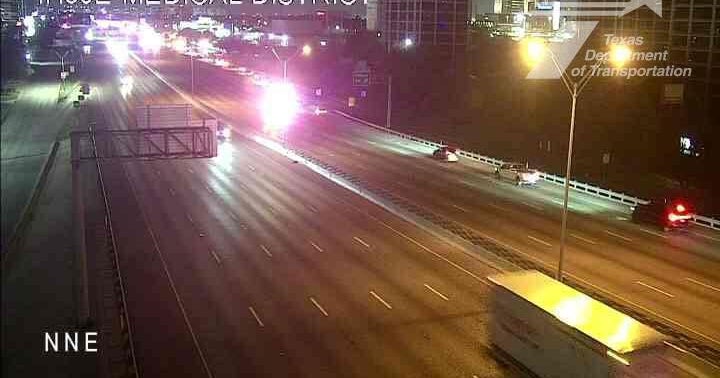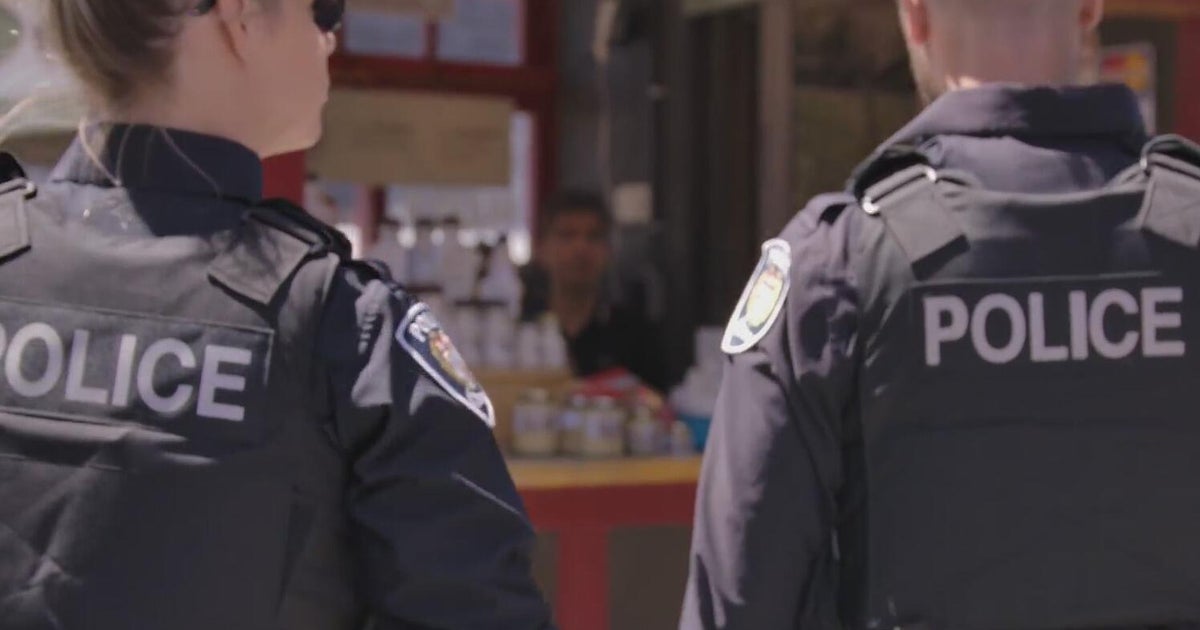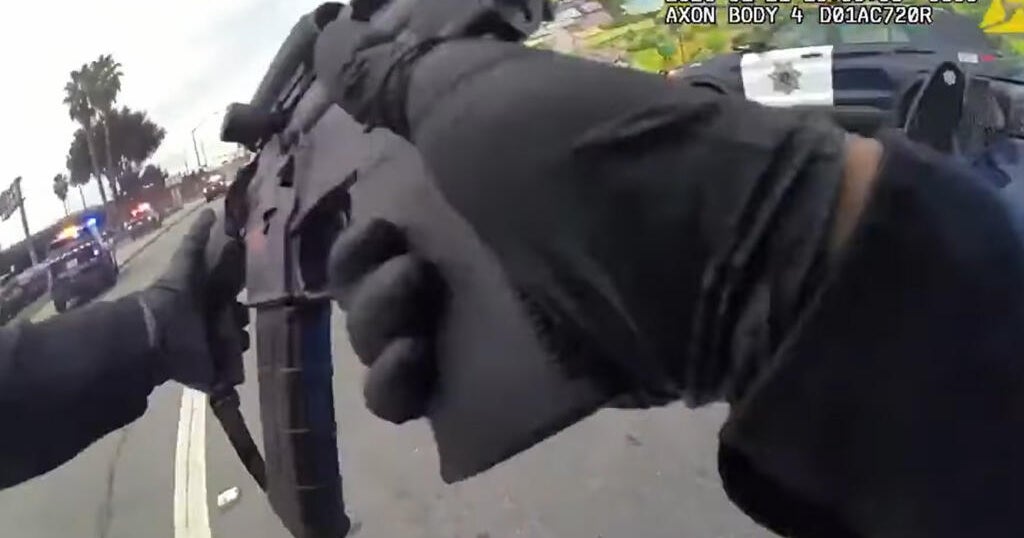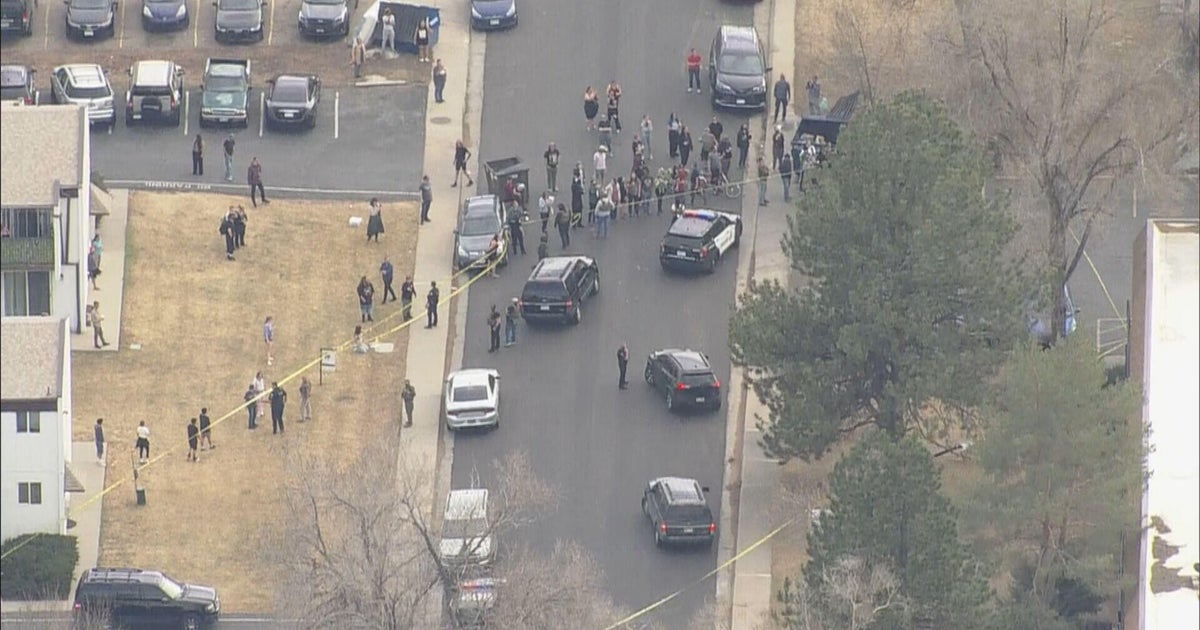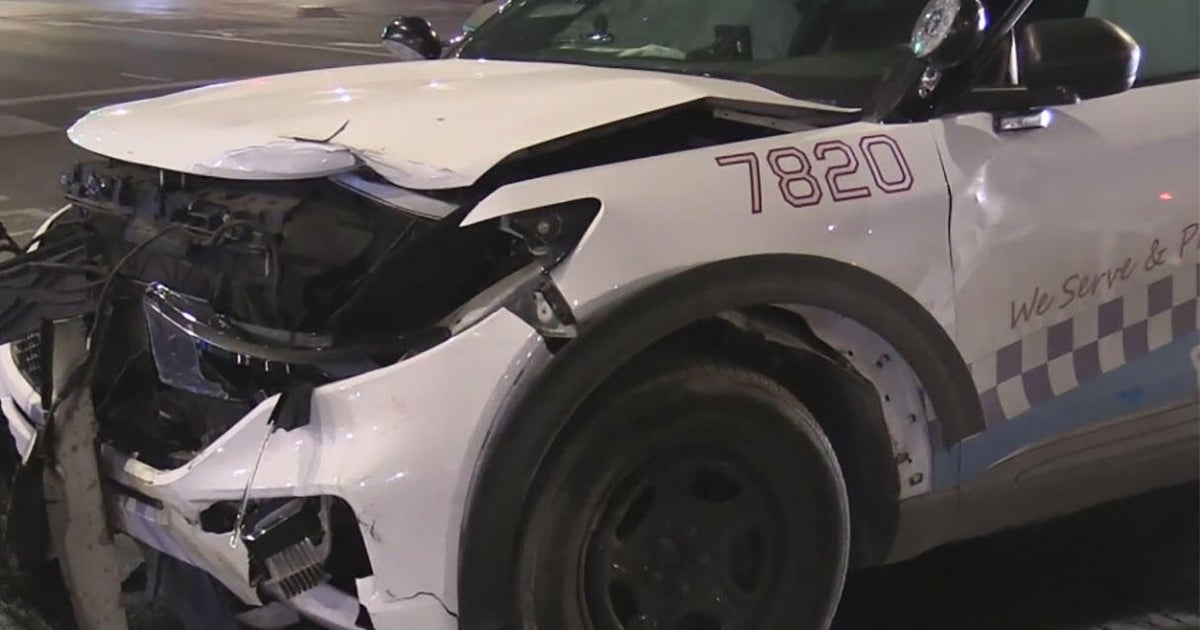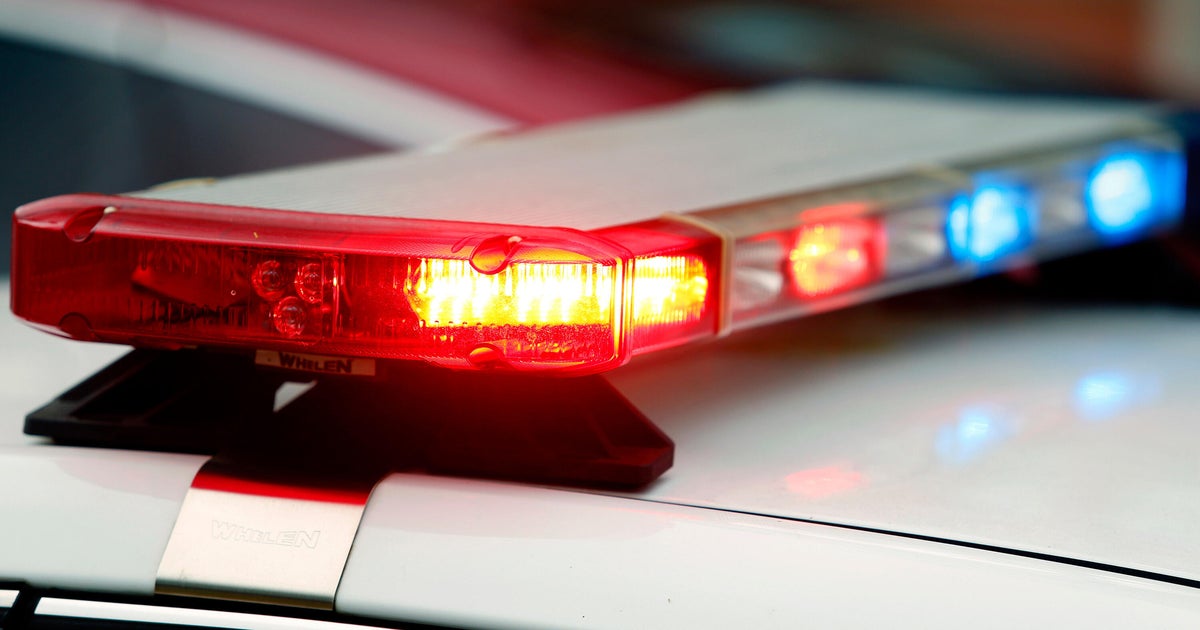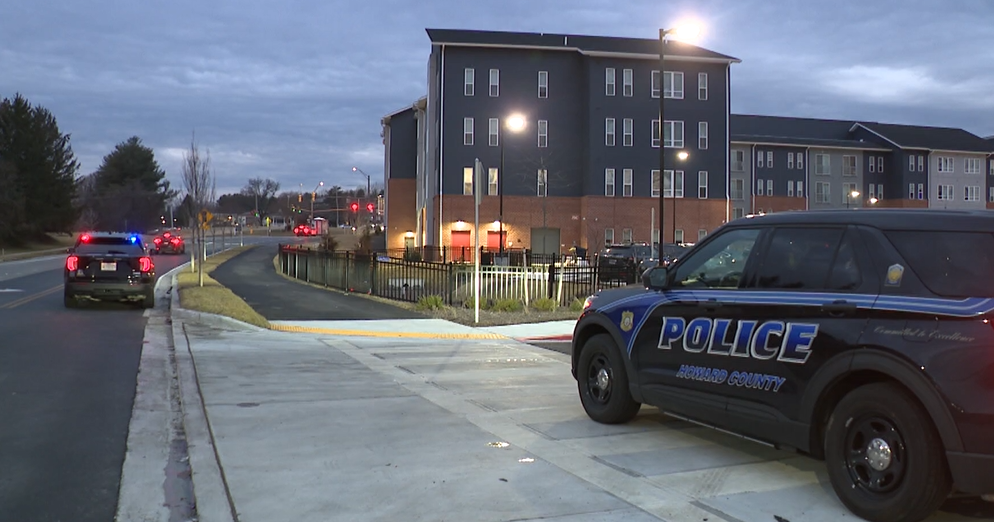Would pairing police officers in vehicles prevent ambush attacks?
DALLAS — Nearly a million police officers across the country patrol daily, most of them alone in their vehicles. Since the 1970s, more U.S. police officers have been patrolling solo rather than in pairs, allowing departments to cover more ground and respond to more calls. But does this come at a risk?
Dallas Officer Darron Burks was sitting alone in his squad car in the parking lot of a community center in southeast Oak Cliff when he was shot and killed by a gunman. Dallas Police Chief Eddie Garcia called it an "execution." Most Dallas police officers patrol solo.
According to a 2018 U.S. Department of Justice report on ambushes and unprovoked attacks on law enforcement, while the overall number of police officers killed each year is declining, the percentage killed during surprise attacks is increasing. More than 21% of officers killed from 2017-2016 died in ambush attacks, the federal study found. Most of those killed in surprise attacks (57%) were working solo in their vehicles.
However, law enforcement expert Alex del Carmen said there is no evidence to suggest that having two officers in a vehicle would prevent ambush attacks.
"If you have an individual that's irrational enough to raise a rifle against a police officer and execute that officer, what would prevent that person from aiming at two people versus one?" del Carmen said.
Due to their unpredictability, del Carmen said preventing ambush attacks is difficult. He added that departments need to focus on response, emphasizing the importance of having enough officers available and strategically positioned so that when an officer is in trouble, backup can arrive in seconds.
The Dallas Police Department has approximately 3,100 sworn officers, with a goal of 3,600 by 2033. However, more officers doesn't necessarily mean more will patrol in pairs, nor does it mean backup will be closer as the city grows.
